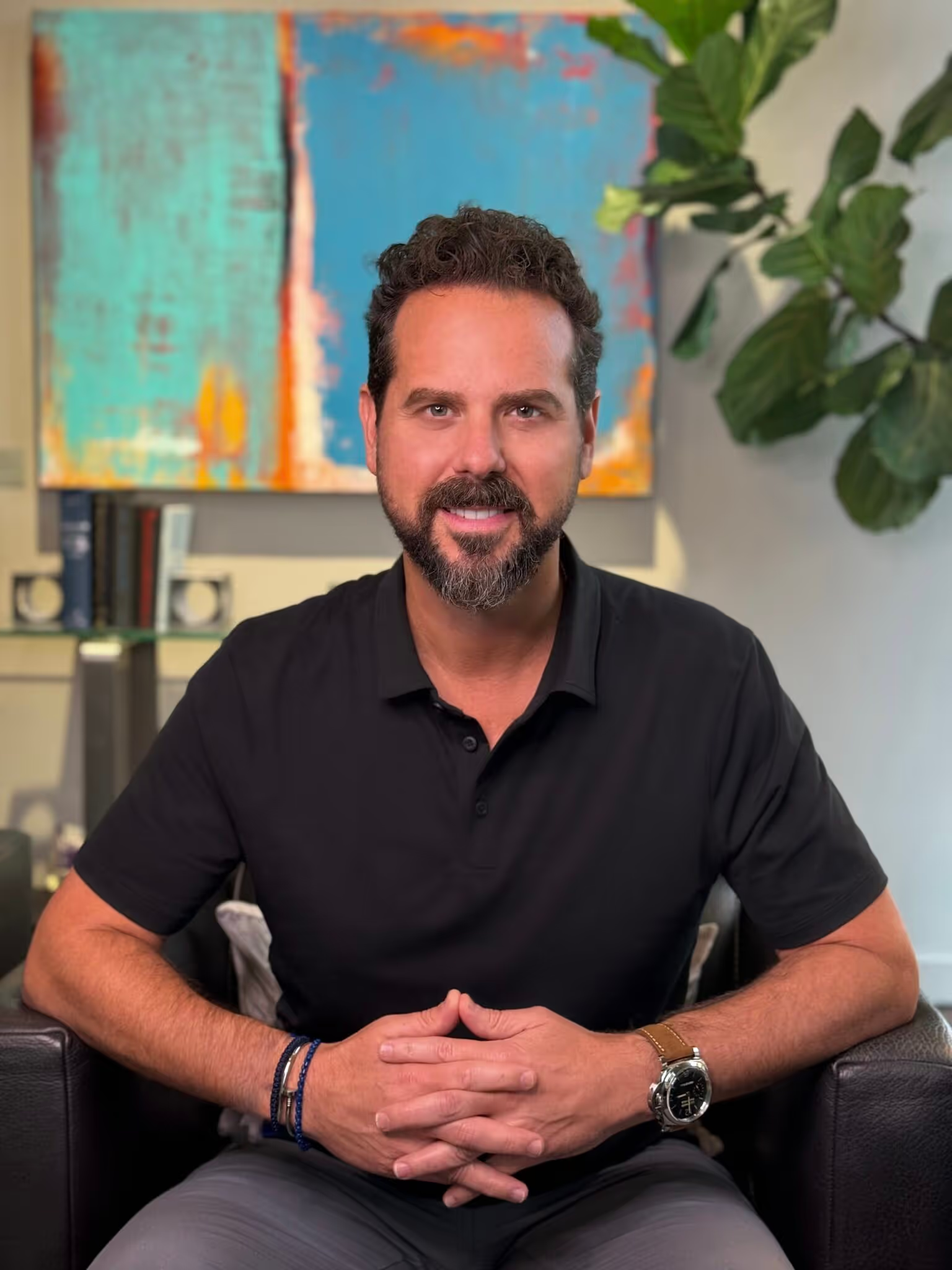
7 Ways to Reduce Anxiety Right Now
Anxiety has many faces. It can effect us emotionally, physically, mentally, sexually and even spiritually. It shows up in thoughts and behaviors, e.g. phobias, obsessions, and compulsions. It can leave us feeling helpless with no way out. It has physical symptoms and can interfere with our daily lives depending on the severity of it.
A study at Harvard Medical School demonstrated that deep-rooted tendencies toward anxiety can be reversed with various techniques. While you might judge yourself for your anxious feelings or feel like you can never overcome and/or manage anxiety , there are many tools to manage anxiety and healthy ways to cope.
Here are 7 ways you can reduce anxiety right now:
1. See anxiety as a signal. You don’t have to like the feeling you get when you are anxious but pay attention to the issue that might need to be addressed when the feeling arrives. Awareness can be a way to reduce anxiety.
2. Name your emotion. Call your anxiety out. And then reframe it into what it really is. Understanding anxiety and labeling can often be a anxiety reducer.
3. Write out your worries. Jot down your difficult emotions that you are having about your life or a specific situation. A wide range of studies have found that expressive writing can beneficial. Studies show this can help with mild to moderate depression and anxiety.
4. Get enough sleep. If you take nothing else away from this, hear this: If you are prone to anxiety, it is critical that you get enough sleep. Studies show that people who are anxious by nature will suffer the greatest harm from sleep deprivation. It is vital that your brain gets the rest you need.
5. Take a technology break. Limiting your time checking email and social media will decrease stress. Don’t ask me how I know this, just trust me that I do. There is no need to neglect your duties, but don’t jump every time you see or hear a notification on your phone. Practice self-care for a few hours, put the phone away, and focus on your family after hours.
6. Practice general self-care. From exercise to setting boundaries to reducing caffeine to spending time alone to spending time with loved ones. Whatever works. Think of the ways YOU need to reduce stress in your life and take charge. Not all stressors are within your control, but many are and there are things you can do to take better care of yourself. Getting enough sleep, eating a healthy diet, avoiding caffeine and exercise can all be non- psychological ways of keeping the volume of anxiety turned down.
7. Get help. If your anxiety is impacting your life and/or relationships, it may be time to reach out for help. Don’t be ashamed if you feel you cannot do it on your own. Many cannot. There are many resources, including a practice like my own, where you can see if your anxiety might need counseling treatments or something more. We’re here to help.

